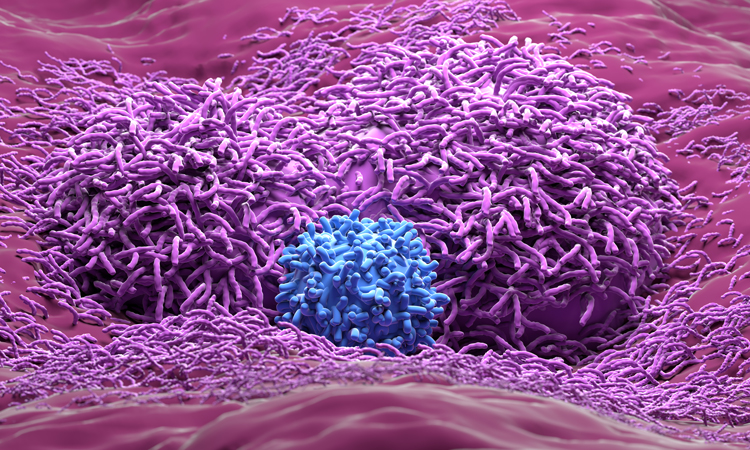Study finds Keytruda® improves overall survival in HCC patients
Posted: 20 January 2022 | European Pharmaceutical Review | No comments yet
The data adds to the body of evidence relating to the use of Keytruda® as a monotherapy in second-line HCC post sorafenib.


Final results announced by MSD (Merck in the US and Canada) from the KEYNOTE-394 trial show Keytruda® notably improving overall survival compared to placebo plus best supportive care in patients in Asia with advanced hepatocellular carcinoma (HCC) previously treated with sorafenib.
The KEYNOTE-394 study is a randomised, double-blind Phase III trial, evaluating Keytruda plus best supportive care (BSC) versus placebo and BSC in Asian patients with advanced HCC previously treated with sorafenib or oxaliplatin-based chemotherapy. A total of 453 patients were randomised to receive either Keytruda (intravenously every three weeks for up to 35 cycles of treatment [up to approximately two years]) plus BSC (including pain management and management of other potential complications including ascites per local standards of care) or placebo plus BSC.
Keytruda plus BSC demonstrated a statistically significant and clinically meaningful improvement in the primary endpoint of overall survival (OS), reducing the risk of death by 21 percent compared to placebo plus BSC for patients with previously treated advanced HCC. For patients treated with Keytruda plus BSC, median OS was 14.6 months compared to 13.0 months for patients treated with placebo plus BSC. The percentage of patients who were alive at two years was 34.3 percent for Keytruda plus BSC compared to 24.9 percent for placebo plus BSC.
KEYNOTE-394 is the first trial with an anti-PD-1/L1 as a second-line monotherapy treatment to show an improvement in OS, progression-free survival (PFS) and objective response rate (ORR) compared to placebo plus BSC for these patients.
“Hepatocellular carcinoma is a leading cause of cancer death across the world, and there are limited treatment options shown to extend survival for patients following treatment with sorafenib,” explained Dr Shukui Qin, director, Cancer Centre of Jinling Hospital, and professor, Nanjing University of Chinese Medicine. “These overall survival data are very encouraging for patients with HCC previously treated with sorafenib and show the potential of Keytruda to extend the lives of these patients.”
Treatment-related adverse events (TRAEs) occurred in 66.9 percent of patients in the Keytruda plus BSC arm and 49.7 percent of patients in the placebo plus BSC arm, and Grade 3-5 TRAEs occurred in 14.4 percent of patients in the Keytruda plus BSC arm and 5.9 percent of patients in placebo plus BSC arm. Immune-mediated adverse events (AEs) of any grade occurred in 18.1 percent of patients receiving Keytruda and 10.5 percent of patients receiving placebo. Grade 3-5 immune-mediated AEs occurred in three percent of patients receiving Keytruda. There were three deaths (due to gastrointestinal haemorrhage, autoimmune hepatitis and soft tissue infection) in the Keytruda arm related to the study intervention.
KEYNOTE-394 is one of seven clinical trials in MSD’s Global Development Programme in HCC that have enrolled, or are expected to enrol, approximately 3,000 patients. In HCC, Keytruda is being studied across multiple settings and lines of therapy as monotherapy and in combination with other treatments, including therapies its collaborations.
Related topics
Anti-Cancer Therapeutics, Antibodies, Biologics, Clinical Development, Clinical Trials, Drug Development, Drug Safety, Drug Targets, Immunotherapy, Research & Development (R&D), Therapeutics
Related organisations
Jinling Hospital Cancer Centre, Nanjing University of Chinese Medicine









